
This year marks the fifth consecutive year that the PFA has celebrated John Moriarty Football’s Indigenous Football Week. In 2020, with the theme of Indigenous Football Week firmly centred on pathways and opportunities for Indigenous Australians, PFA.net.au spoke with David Williams about his pathway to playing professional football at the highest level in Australia, Europe and India.
Q: How would you summarise your experience as a young Indigenous footballer entering the sport at as a junior?
DW: My experience was quite a normal one; I never felt out of place. I had good friends in my team and the parents also were great. My dad was always there for me and he always guided me whenever I needed it. As a young footballer I was always exceeding expectations so maybe that helped a lot to fit in better, but I was never looked at as the ‘Aboriginal’ kid.
Doing well at that age people did use the line “he’s got the talent from being Indigenous”, but instead of using that as an excuse or potentially a negative putdown, I used it to my advantage and followed my dreams.
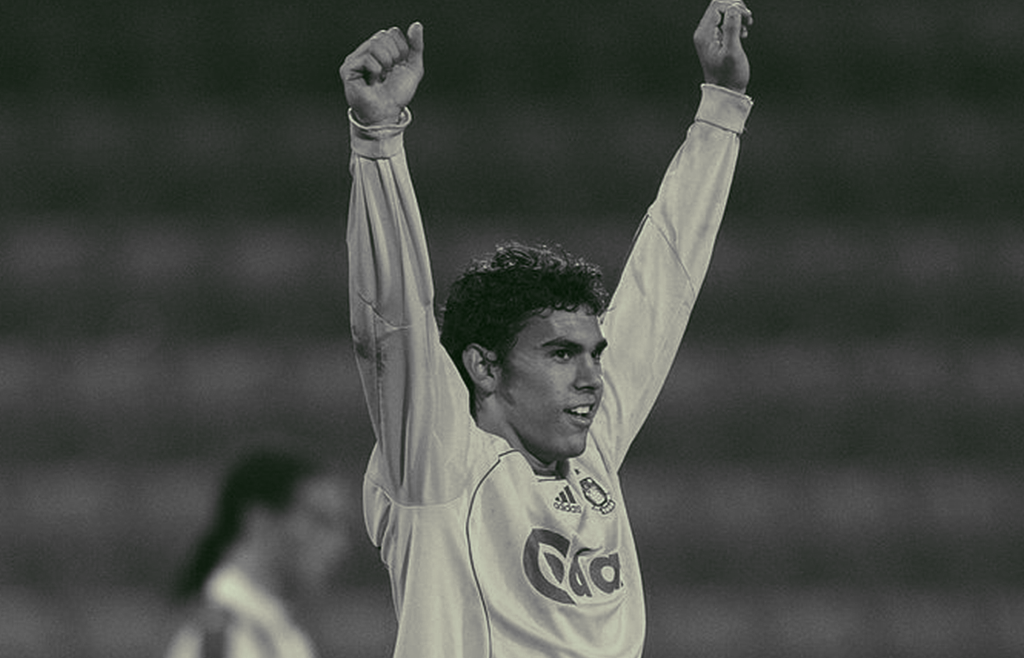
Q: How did you first connect with football and why did you commence playing? What was the major motivation?
DW: I started playing as a junior in under-7s in Brisbane. My oldest brother played soccer and while I was five, six, seven years old, I would be at the games with my dad watching, but mostly playing on any free field I could, generally with other younger kids or siblings from my brother’s teammates or even the opposition team. I just wanted to run and kick the ball and score and celebrate. So then when I was of age, my Dad signed me up for the same club and I’ve never looked back.
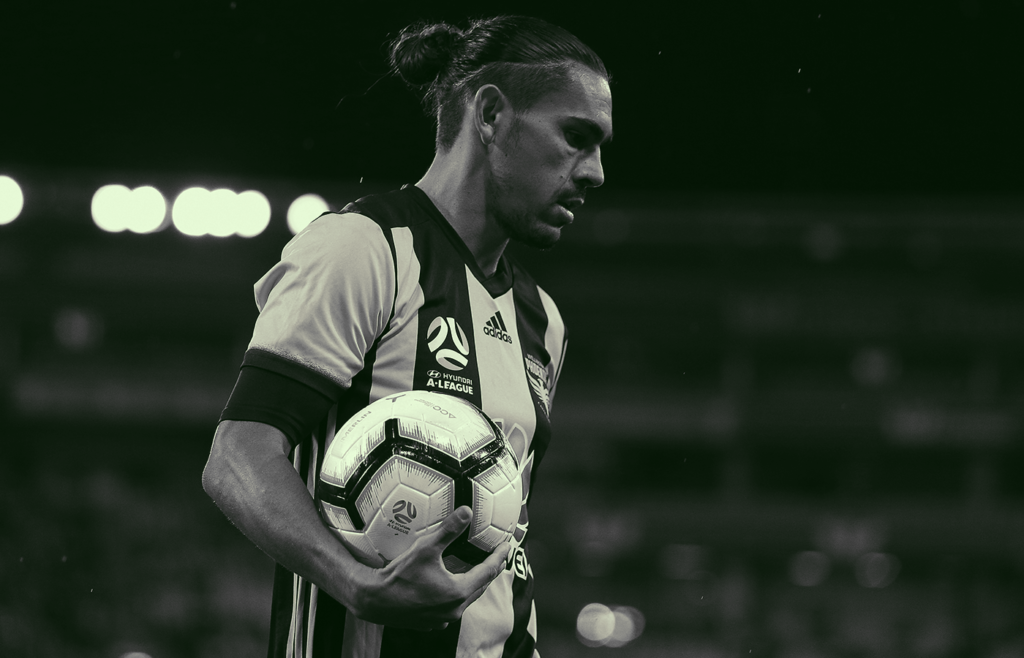
Q: What was the specific pathway that you went through to reach the professional level?
DW: I played junior football across a few clubs on the north side of Brisbane, but as I got into my teens it became about exposure and who was watching. I loved rugby league, but my passion was football and my dad could see I had a special talent for it and didn’t want that to go to waste.
My dad loves rugby league and played it, but he knew the right path for me to take was football. From the age of 12 you can start making Brisbane Representative sides which I made all the way up until under 16s. The local Federation would hold trial periods and choose their squad over about a two-week period of training sessions; this was called Brisbane North Rep Team and in school holidays we would play a state-wide competition where the Queensland coach would be watching and observing and then make the state selection.
At the state’s carnival the national u17 team coach would be there watching every game to make up the Joeys team. At that time it was Ange Postecoglou.
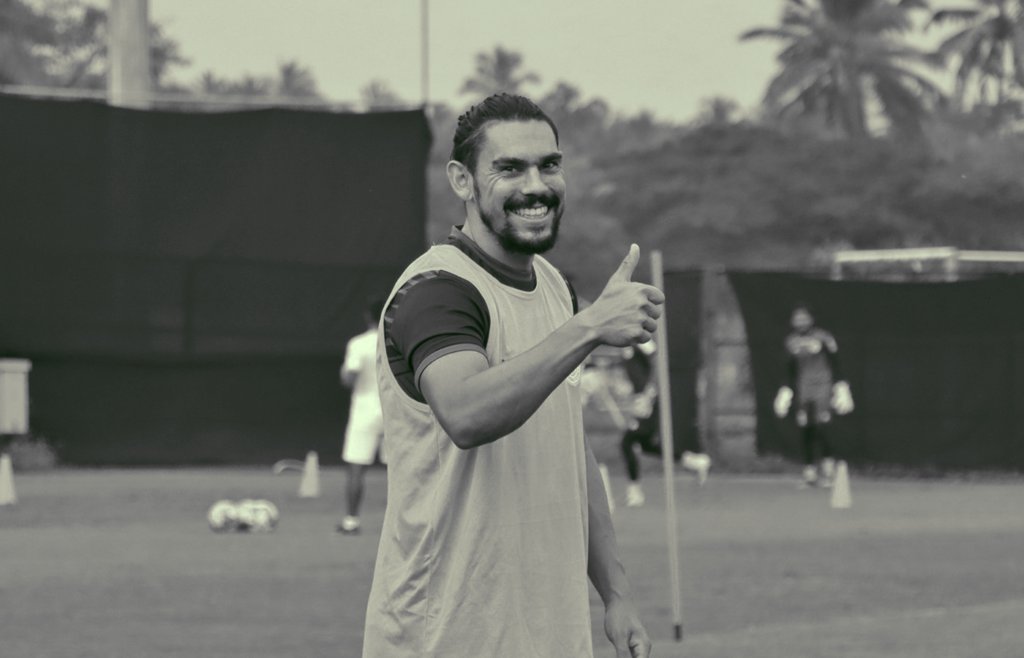
PFA: What enabled you to reach the elite level?
DW: My career has been a good one. It could have been much better if I had applied myself more off the field. I still got to where I am from working very hard, but at times looking back now I just relied purely on my talent.
I don’t have any regrets though as I have enjoyed my football journey and wouldn’t have the family I have today and be where I am, but I would love to help kids in the future, especially the Indigenous kids to make a future for themselves. I know how to relate with them, I know how to talk to them.
The hardest thing for anyone who wants to excel at anything is sacrifice; you can be an average player but work hard, sacrifice many things and still make it as a pro. I believe you create your own luck with all the effort and belief you put in for yourself. In my opinion the hardest thing for an up-and-coming Indigenous athlete is sacrifice and getting out of their comfort zone.
To leave their family and friends and their home is the hardest thing. To leave all that and go into structure and discipline is hard.
There are so many talented Aboriginal kids out there who have all the right attributes, but the majority don’t know it. They need to be in an environment where they can be guided and mentored and trained to become the best version of themselves. And when they can do that, then the possibilities are endless.
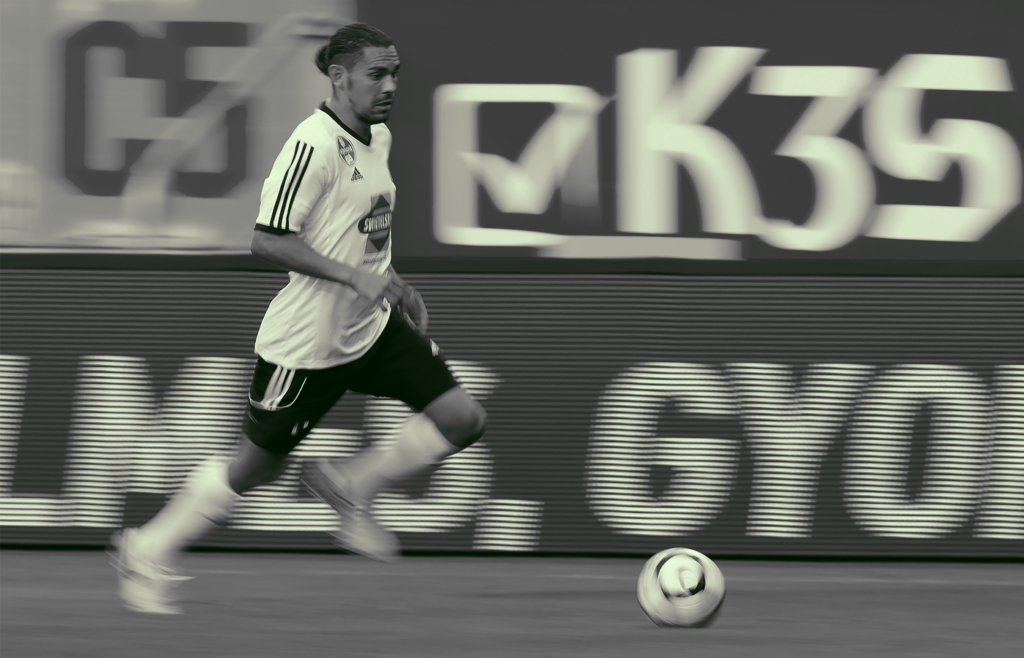
PFA: In your experience, what do you see as the major barriers for Indigenous players to participate in football, particularly in more remote areas?
DW: Access to good facilities, pitches, equipment and coaches. I know with JMF they are doing a tremendous job in being present out in the remote areas and also in major cites. But also the idea of the young kids leaving their homes to start a new life in a big city without having people who are very close them being around [can be a barrier]. Trust can be a big barrier as well.
PFA: What does Australian football need to do to ensure there are better pathways for Indigenous players?
DW: I think scouting first in smaller remote towns and cities; for example in Townsville, Cairns, Darwin, Alice Springs and Toowoomba. I personally think providing scholarships to those with talent, promise and desire to become a professional footballer and also a squad position in each A-League youth team to integrate into the professional way of developing as a footballer at an A-League club. That’s easier said than done but there can be ways to do it that are both beneficial to the clubs but mostly to the Indigenous player.
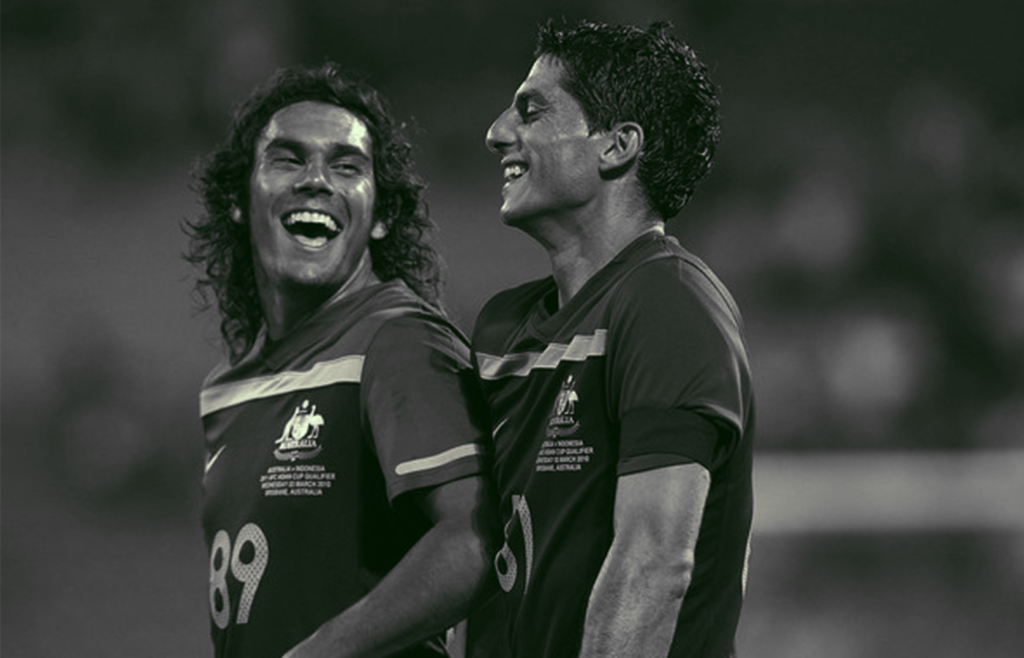
PFA: Do you think there would be a larger number of Indigenous players competing in the A-League and playing for the Socceroos if there were more defined pathways for Indigenous players?
DW: Definitely; 100 per cent. Over the past 10 years in the A-League, every Indigenous player who has played in the competition has played for Australia at some level. So imagine if there were higher participation numbers. It would be nice to eventually see an Indigenous All Stars team as well. At this rate that will never happen, so something needs to change, and I would like to be involved.
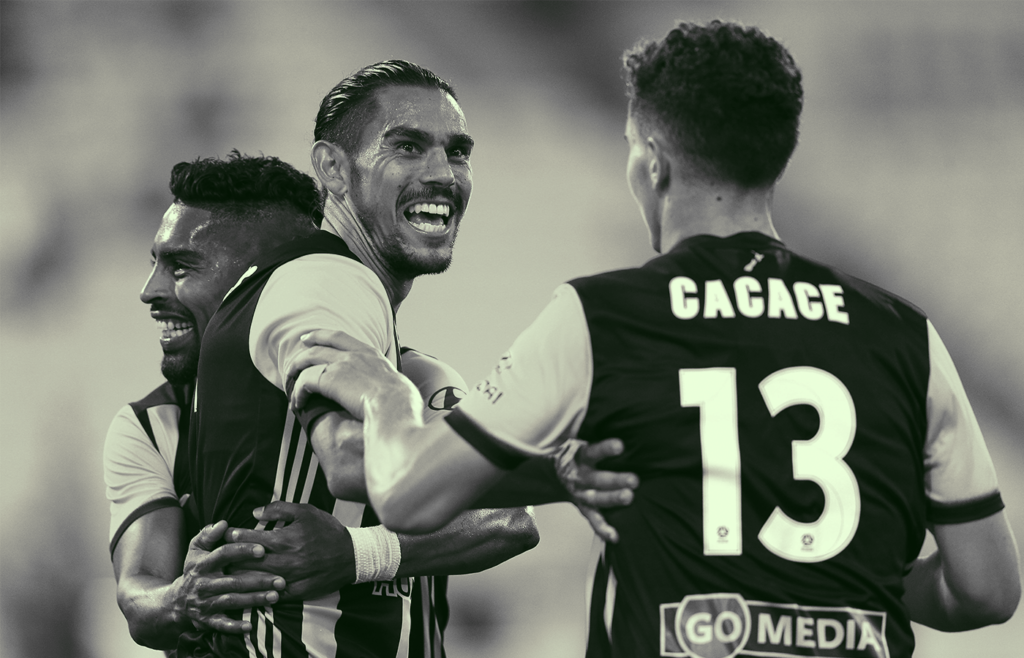
PFA: What does Indigenous Football Week mean to you?
DW: It means that there is recognition and others can see what pride it gives us to be Aboriginal, especially the kids who don’t normally get a chance to participate in the sport. After raising this awareness, hopefully it gives them a buzz about it and they will get involved in the future.








